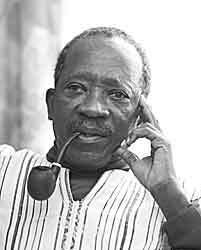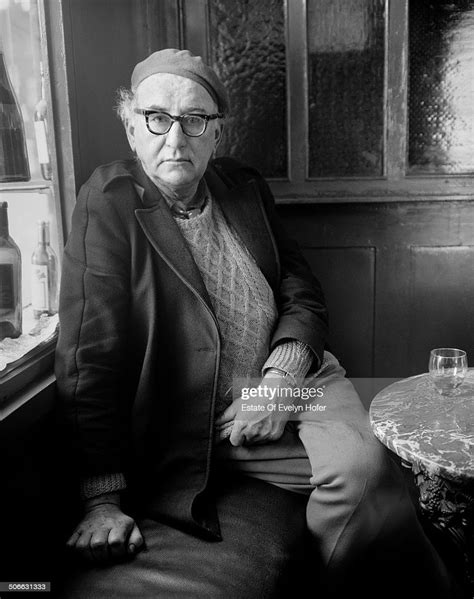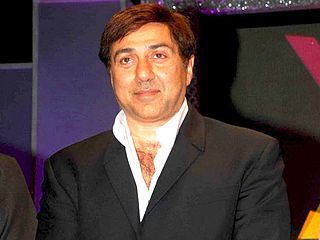A Quote by Anupam Kher
Our cinema has evolved in last 60 years because we have made people happy through our films. The main purpose of our storyline is to spread happiness. Our cinema has an emotional connect.
Related Quotes
I think cinema is needed throughout Africa, because we are lagging behind in the knowledge of our own history. I think we need to create a culture that is our own. I think that images are very fascinating and very important to that end. But right now, cinema is only in the hands of film-makers because most of our leaders are afraid of cinema.
My production company wasn't doing well, so we were not producing films. Over a period of time, we have realized that we are going to produce our own films and make cinema that we like. We've got so much in-house talent, and my kids are going to be coming, so we all decided that we are going to be in films and cinema.
There are large numbers of people in India below the poverty line, there are large numbers of people who lead a meager existence. They want to find a little escape from the hardships of life, and come and watch something colorful and exciting and musical. Indian cinema provides that. So yes, the content of our television and our cinema is escapist in nature because we are there to provide entertainment.



































